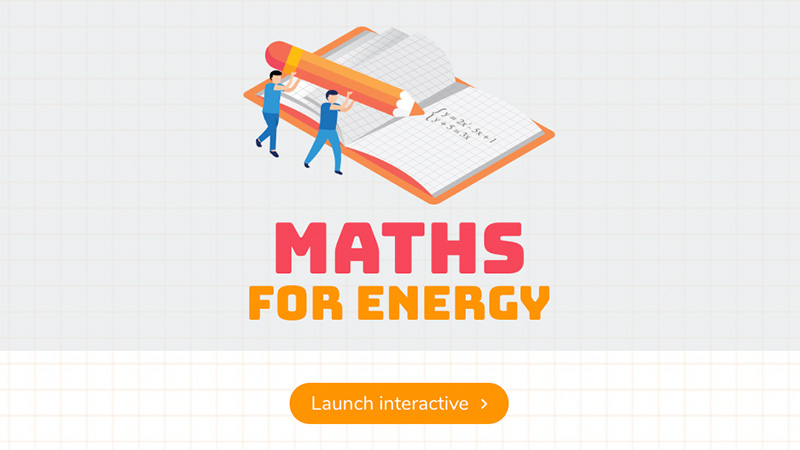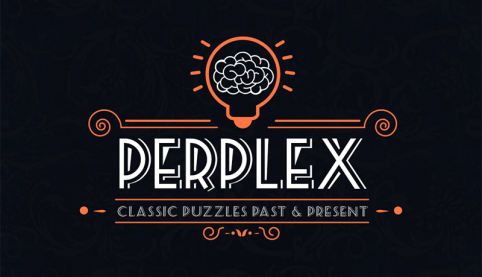 Test you maths skills now by selecting the image above...
Test you maths skills now by selecting the image above...
Try a FREE maths course to help with studying science
-

Introduction to algebra
Learn more to access more details of Introduction to algebraThis free course is an introduction to algebra which builds on the idea of using letters to represent numbers. Section 1 looks at finding, simplifying and using formulas and includes useful tips on learning algebra. Section 2 introduces some of the terminology used in algebra and techniques such as evaluating and checking equivalence of ...
-

Language, notation and formulas
Learn more to access more details of Language, notation and formulasCommunication is as vital in mathematics as in any language. This free course, Language, notation and formulas, will help you to express yourself clearly when writing and speaking about mathematics. You will also learn how to answer questions in the manner that is expected by the examiner.
-

Rounding and estimation
Learn more to access more details of Rounding and estimationScientific calculators are a wonderful invention, but they're only as good as the people who use them. If you often get an unexpected or ridiculous result when you press the enter button, this free course, Rounding and estimation, is for you. Learn how to do a calculation correctly and get the right answer every time.
-

Ratio, proportion and percentages
Learn more to access more details of Ratio, proportion and percentagesFrom politics to cookery, ratios, proportions and percentages are part of everyday life. This free course is designed to help you become more familiar with how figures can be manipulated, then you can check whether that discount really is as big as they claim!
-

Geometry
Learn more to access more details of GeometryGeometry is concerned with the various aspects of size, shape and space. In this free course you will explore the concepts of angles, shapes, symmetry, area and volume through interactive activities.
-

Introduction to differential equations
Learn more to access more details of Introduction to differential equationsDifferential equations are any equations that include derivatives and arise in many situations. This free course, Introduction to differential equations, considers three types of first-order differential equations. Section 1 introduces equations that can be solved by direct integration and section 2 the method of separation of variables. Section...
More interactives for maths and science
-

Perplex: Classic puzzles, past and present
Take part now to access more details of Perplex: Classic puzzles, past and presentTest your puzzle-solving ability with incredibly immersive and interactive puzzles from The Open University and UKMT
Activity
Level: 1 Introductory
-

Ocean explorer
Take part now to access more details of Ocean explorerTake a journey into the Earth's oceans and discover whether you've got what it takes to become an oceanographer. Explore ocean depths, currents, temperatures and find out more about the future of our oceans.
Activity
Level: 1 Introductory
-

Reboot your STEM career
Take part now to access more details of Reboot your STEM careerReturning to a STEM career? Reboot your STEM career is a comprehensive interactive toolkit to help you relaunch your career and navigate your way back into the world of Science, Technology, Engineering and Maths.
Activity
Level: 1 Introductory
Rate and Review
Rate this activity
Review this activity
Log into OpenLearn to leave reviews and join in the conversation.
Activity reviews